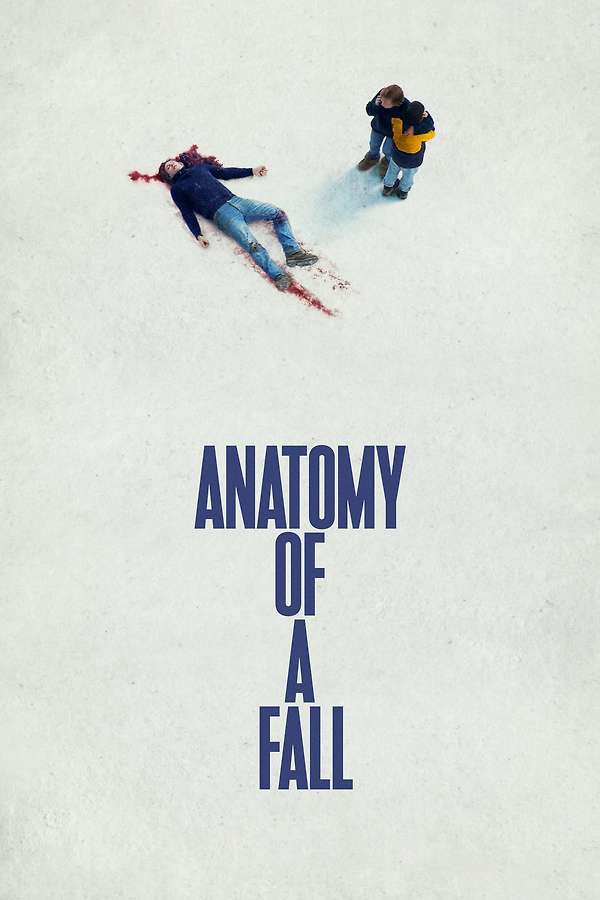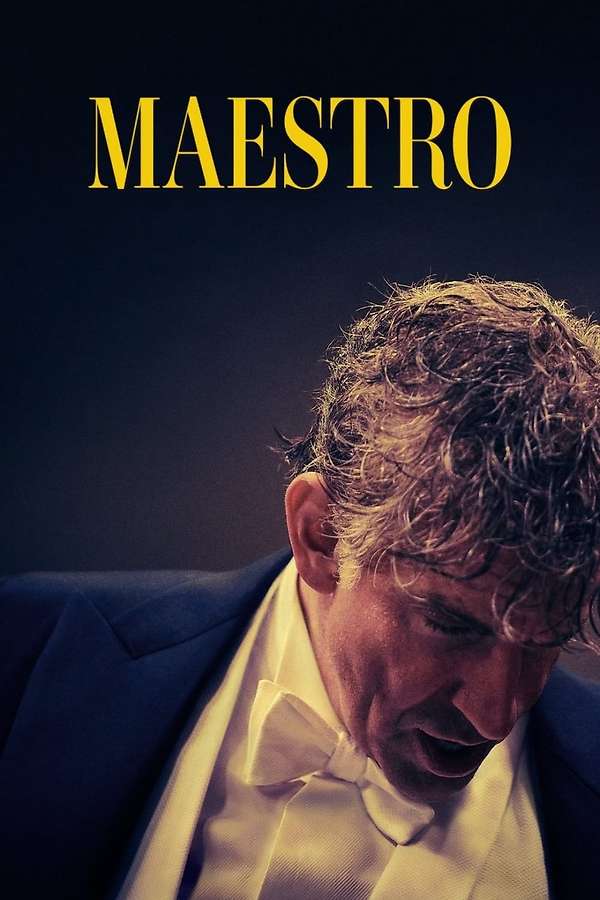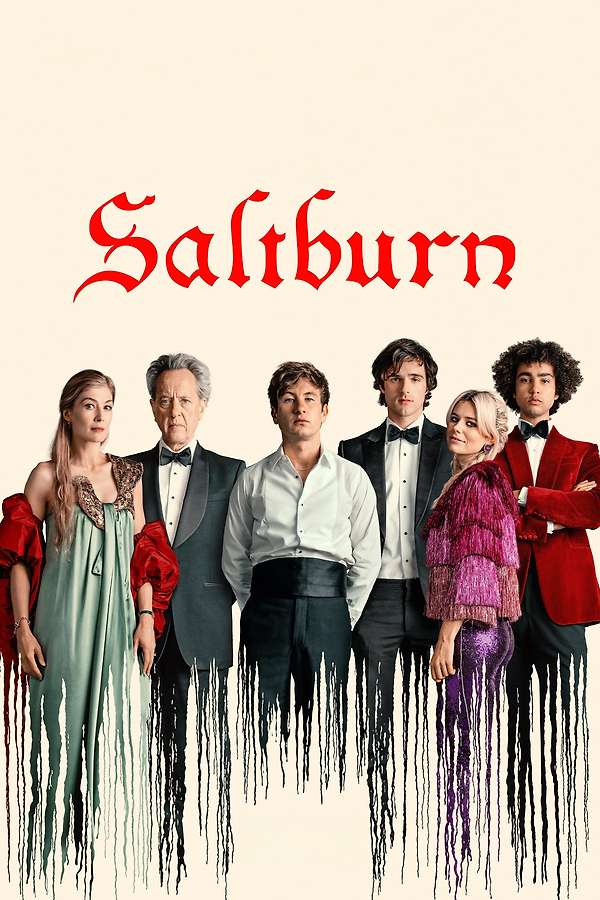My Girlfriend’s Boyfriend, 1987 - ★★★

We watched this on BFI Player, where its English title was the direct translation of the French one: My Girlfriend’s Boyfriend. But Letterboxd knows it as Boyfriends and Girlfriends. The French title is both better and more accurate, and the potentially-ambiguous meaning of ‘amie’ is matched by that of ‘girlfriend’ when used by women.
Anyway, another of Eric Rohmer’s excellent gentle comedies. And why not?
Custom and Use
In the lone footnote of his latest post, Ian Betteridge bemoans the use of the term ‘users’ for people making use of software:
I’ve always hated calling people users rather than customers. You owe “users” nothing. You owe your customers everything.
I remember seeing this complaint years ago. ‘Why do we refer to people with a term that comes from the illegal drugs trade?’ was a common refrain.
It’s true, people taking illegal drugs are sometimes referred to as ‘users’. But only really in 70s cop shows. I grew up on Starsky & Hutch and Kojak as much as the next guy my age, but I don’t look to them for appropriate linguistic terms today.
More to the point, the term ‘user’ doesn’t come from the drug trade, it went to it. The term just comes from the English language: from the verb ‘to use’.
Anyone who uses any item is a ‘user’ of that item. If I cut a slice of bread, I’m a user of the bread knife. If I go into the garden to gather the still-uncollected autumn leaves, I’m a user of the rake. And so on.
Ian prefers the term ‘customer’, and that’s fair enough if you bought the item in question. But he also writes about using Obsidian, which is a piece of software that is available at no cost. I use it every day, but I’m not a customer of the people who make it. Ian may pay them, as it’s possible to do for certain features, or just to support them. But there are plenty of examples of software for which that is not the case. It’s just free. You’re not a customer of Linus Torvalds when you use Linux, for example.
Anyway, my feelings are almost the opposite: being a user — or a reader or a listener or viewer, for that matter — is the truth, is the state that has power, has meaning. Not the tawdry commercial act, the mere fact of when or whether we bought a thing.
🔗
… delighted to announce the open source first release of Pkl (pronounced Pickle), a programming language for producing configuration.
If Apple needed a general-purpose language for configuration, why did they invent their own, rather than using Terraform, say?
But then, this Pkl (‘Pickle’) seems a lot more expressive than Terraform, and a lot more down-to-Earth and less cloudy.
Could be interesting. (H/T @danielpunkass.)
More evidence of comically early spring: daffodils dancing in the sun.

Pending the deal’s publication on Wednesday, it appears that Sunak has offered to keep Great Britain (England, Wales and Scotland) aligned with European standards if the DUP returned to Stormont.
It’s still January. It’s the northern hemisphere. So why is this rose flowering? I’ll be wanting to prune it in about a month.
‘Oh rose thou art sick’… But the climate, not the rose.

A Good Marriage, 1982 - ★★★

I like these Eric Rohmer films, with their low-key humour. In this one, Sabine breaks up with her married boyfriend and decides that she wants to be married. So the next step is to find a suitable man.
No man can resist her (she and her friend both tell us); but she doesn't want to seem to be chasing him…
The Harder They Come, 1972 - ★★★

Classic Jamaican film starring reggae singer Jimmy Cliff. I enjoyed it, but it doesn't seem the great thing today that people say it is. A long time has passed since it came out, though.
Currently reading: Monument Maker by David Keenan 📚
I’ve read a few of his before, and they’re all strange. This one may be the strangest yet, but I’m only about 40 pages into a huge book.
Finished reading: The Seven Moons of Maali Almeida by Shehan Karunatilaka 📚
I can see why this won the Booker last year the year before last. It’s beautifully written, with a kind of light, easy style. And yet it goes to some very, very dark places.
The titular Maali is dead at the start, finds himself in the afterlife, and doesn’t know how he died. He’s given seven days — the ‘moons’ of the title — to find out, or not, before he has to decide whether or not to go into ‘The Light’.
There are ghosts, ghouls, demons, and horrors. Most of the latter two are living humans, because we’re in Sri Lanka’s civil war, and Maali was a photographer who photographed the horrors. Many of the dead he meets died in atrocities, and they’re not shy about sharing their stories.
I can highly recommend this, but not if you’ll be too disturbed by stories of atrocities. So think of this as a content warning.
Books 2024, 2
Finished reading: This Is How You Lose the Time War by Amal El-Mohtar & Max Gladstone 📚
A Christmas present from my son. I know I read it before, but that was on Kindle, and he didn’t know that, and this is a nice physical book.
It’s a lovely story as well as a lovely book, about two near-immortal warriors, competing and falling in love as they range up and down the timestreams.
All that I said in 2020 still applies.
Books 2024, 1
I didn’t have China Miéville co-writing a novel with Keanu Reeves on my 2024 bingo card, but here we are.
Currently reading: The Seven Moons of Maali Almeida by Shehan Karunatilaka 📚
My current book-club book. Shouldn’t be any trouble to finish it by the 18th.
This year I’m going to do my book posts Micro.blog-style, using its Bookshelves feature. We’ll see how they go.
Anatomy of a Fall, 2023 - ★★★★½

My god, but this film is good! Courtroom drama, French style, that manages to make you doubt your initial belief in the main character's innocence repeatedly, before swooping you back to her side again.
Utterly compelling. Certainly the best film I've seen this year; and while that's obviously a joke, it might remain the best for quite some time.
And unlike my other recent trip to the cinema, here everything isn't spelled out and all ambiguity removed.
Maestro, 2023 - ★★½

We ended last January watching a film about an imaginary conductor, namely Tár. We closed out 2023 watching this one about a real conductor and composer.
The pure fiction was much more interesting and enjoyable than the biopic.
I noticed early on that we had seen no performers; not shots of the orchestras Bernstein was conducting, or only of them taking a bow. Some of him playing the piano, certainly, but where were the others?
We did eventually see an orchestral performance, with Bradley cooper massively exaggerating a conductor's movements — though that might be an accurate reflection of Bernstein's style.
But as my beloved pointed out today, what was really missing from this film was the music. There is music in it, certainly, but it's not really about the music, or Bernstein as musician, composer, conductor.
It's about his marriages and his philandering, mostly. Which is fair enough. But why, then, call it Maestro?
I read 27 books in 2023; just over one a fortnight, which seems faster than it felt at the time. And I posted 111 times, with the following monthly breakdown:
| Month | Posts |
|---|---|
| Jan | 16 |
| Feb | 11 |
| Mar | 5 |
| Apr | 10 |
| May | 6 |
| Jun | 1 |
| Jul | 7 |
| Aug | 13 |
| Sep | 12 |
| Oct | 9 |
| Nov | 9 |
| Dec | 12 |
With my yearly theme of ‘Getting Out and Connection’, I’ll try to put a few more posts out into the world in 2024.
Happy New Year everyone!
Edinburgh by Alexander Chee (Books 2023, 27) 📚
Back in 2021, when I read Chee’s How to Write an Autobiographical Novel, I expressed an interest in this book, Edinburgh, largely because of its title. As I said then, ‘the Edinburgh connection in the novel didn’t survive the writing and editing process, but he kept the title anyway.’ There is, in fact, a tangential character in this who has a loose connection to the city, but it’s not relevant.
What we have is a bildungsroman, the story of a boy becoming a man, knowing he’s gay from an early age, and going through various experiences both because of that fact and having nothing to do with it.
But about halfway through, the first-person narrative switches to a different character’s first-person narrative, which caused me some confusion. The sections are headed with the name of the narrator, but since there is only this one change, then a change back for the last quarter, it wasn’t immediately obvious what was going on.
That was OK though. What I didn’t enjoy so much was a kind of allusiveness that really became vagueness, which at times made it slightly hard to see what he was getting at. Especially in the last quarter.
And that last quarter is the most difficult and problematic part of the whole. See, early on, the first narrator is abused, along with several classmates, by a teacher. This doesn’t seem to have much effect on the narrator, though it does on some of the other victims.
But in the end the main narrator becomes an abuser himself; of the other narrator, who is linked to the whole story in a way that is, frankly, too coincidental. And it all ends in a kind of unresolved ambiguity which I found left a bad taste.
All in all, I preferred his nonfiction.
Hackney Christmas lights

Saltburn, 2023 - ★★½ (contains spoilers)

This review may contain spoilers.
It's unusual to go in to see a film with essentially no idea of what it's about. Unusual, but sometimes quite a good way to approach something. I think I had read something to the effect that someone was invited to someone's country home. But as far as that, I knew nothing about this, going into the cinema today.
Except, maybe, that there was some major surprise twist or reversal.
There are, in fact, no surprises in this.
Or let's say, I found nothing particularly surprising in it.
I enjoyed it, and had a good conversation about it afterwards. But it would have been better — the conversation afterwards in particular — if the the first twenty minutes and the last five were shaved off.
The first twenty minutes because, we know: Oxford is shit if you have no friends and no money; and it's better if you have both. We don't need it explained in elaborate detail.
Or maybe that's not so obvious. I have some insider knowledge there.
But the last five or so minutes. I mean, really? Do you have to explain everything? Spell everything out in minute detail? Confirm that every possible thing that we thought might have happened — but that was, until now, pleasingly ambiguous — had actually happened?
I feel like the ending was focus-grouped to death; a few people didn't understand, so they dropped in some tiny flashbacks. Yes, he was that manipulative. I had suspected that from about forty minutes in, and my suspicions only increased. But I'd rather have had them left as suspicions.
All that said, I enjoyed this a lot. I just feel I could have enjoyed it a lot more.